Advanced C# 5 Programming with Visual Studio 2012
Master C# programming and enhance your skills in application development using .NET Framework technologies with our Advanced C# 5 Programming course, perfect for developers seeking to deepen their expertise with Visual Studio 2012.

Essential Skills Gained

Design classes leveraging custom events and delegates.

Implement asynchronous code effectively with async and await.

Understand .NET XML parsing APIs for effective data handling.

Build distributed applications using Windows Communication Foundation (WCF).
Format
- Instructor-led
- 5 days with lectures and hands-on labs.
Audience
- Experienced C# Developers
- Software Engineers
- .NET Developers
- Application Developers
Description
The Advanced C# Programming course provides students with the knowledge and skills needed to develop applications using .NET Framework technologies with C# and Visual Studio. Students start with an accelerated language review, followed by core features of the Foundation Class Libraries (FCL), CLR memory management, events and delegates, async tasks, and dependency injection techniques. The class then covers development topics such as working with different System.IO classes, parsing XML data, and creating Windows Services. Finally, the course covers serializing data, exchanging data using WCF services, security classes, and transaction management.
Upcoming Course Dates
No upcoming dates. Please check back later.
Course Outline
Download PDFAccelerated C# Concepts
Object Oriented Programming
Abstraction
Polymorphism
Inheritance
Encapsulation
Type Conversions
Operator Overloading
Using Attributes
Best Practices
Exception Management
String Manipulation
Thread Synchronization
Generics and Constraints
CLR Memory Management
The Common Type System
Understanding CLR Generations
The role of IDisposable
Using the CLR Profiler
Foundation Class Library Features
System.IO Classes
Using System.Net Classes
Pattern Matching with RegEx
Dynamic Code Inspection/Invocation with Reflection
Conditional Compilation
Defining Debug Symbols
Conditional Compilation using the Conditional Attribute
Events and Delegates
What are Events, Delegates and Event Handlers?
Working with Delegates and Events
Creating Custom EventArgs Classes
Using Lambda Expressions
Using Func
The async and wait keywords
Using Dependency Injection
What is Dependency Injection (DI)?
What is an IoC container?
The Role of Interfaces
Dependency Injection Techniques
Using an IoC Container for DI
Monitoring, Debugging and Tracing
Using the Debugger Class
Tracing Operations
Performance Counters
Working with XML Data
Using System.Xml Classes
Using XML APIs
Monitoring XML files using Windows Services and the FileSystemWatcher
Serializing Data
Binary serialization
XML Serialization
.NET Security and Cryptography
Symmetric and Asymmetric Encryption Techniques
WindowsPrincipal and GenericPrincipal
Exposing Data with WCF
Web Services Architecture
Creating and Consuming a WCF Service
Self-Hosted Services
Modifying WCF Bindings
Debugging Services
Working with Transactions
Getting Started with Transactions
ADO.NET Transactions
Using TransactionScope
Your Team has Unique Training Needs.
Your team deserves training as unique as they are.
Let us tailor the course to your needs at no extra cost.
See What Other Engineers Are Saying
Trusted by Engineers at:
and more...
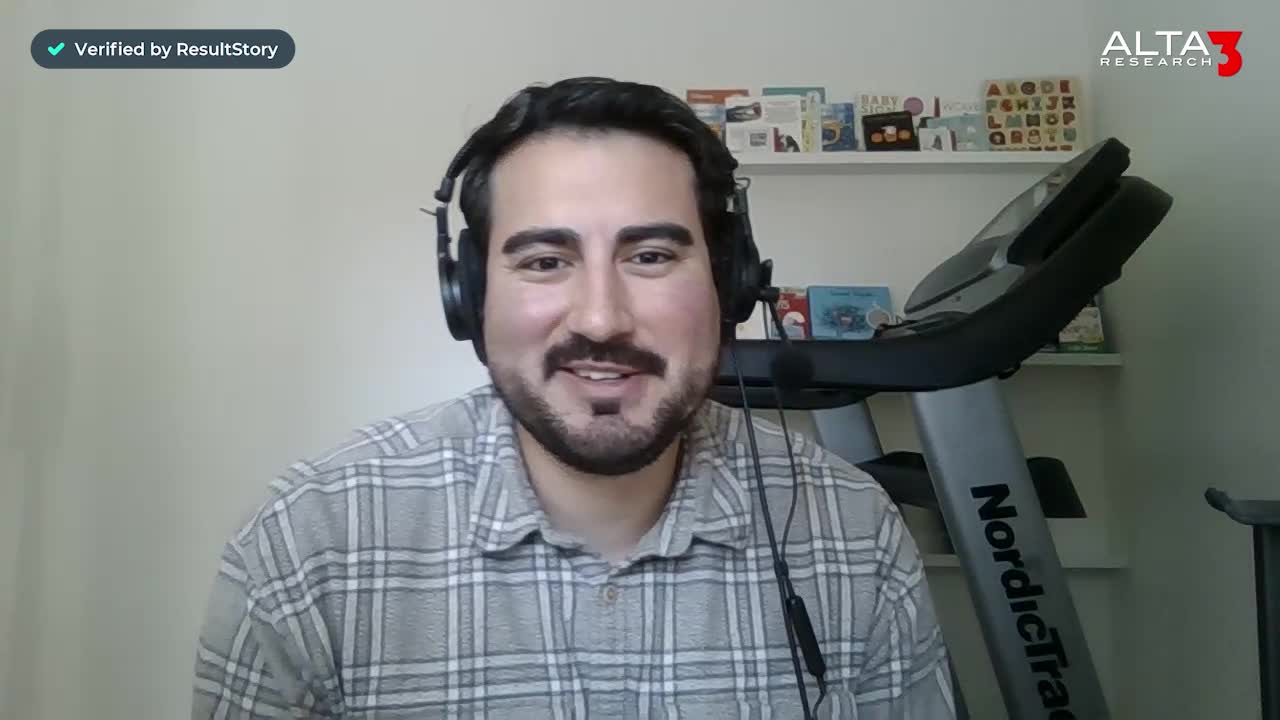
Aaron Steele

Casey Pense
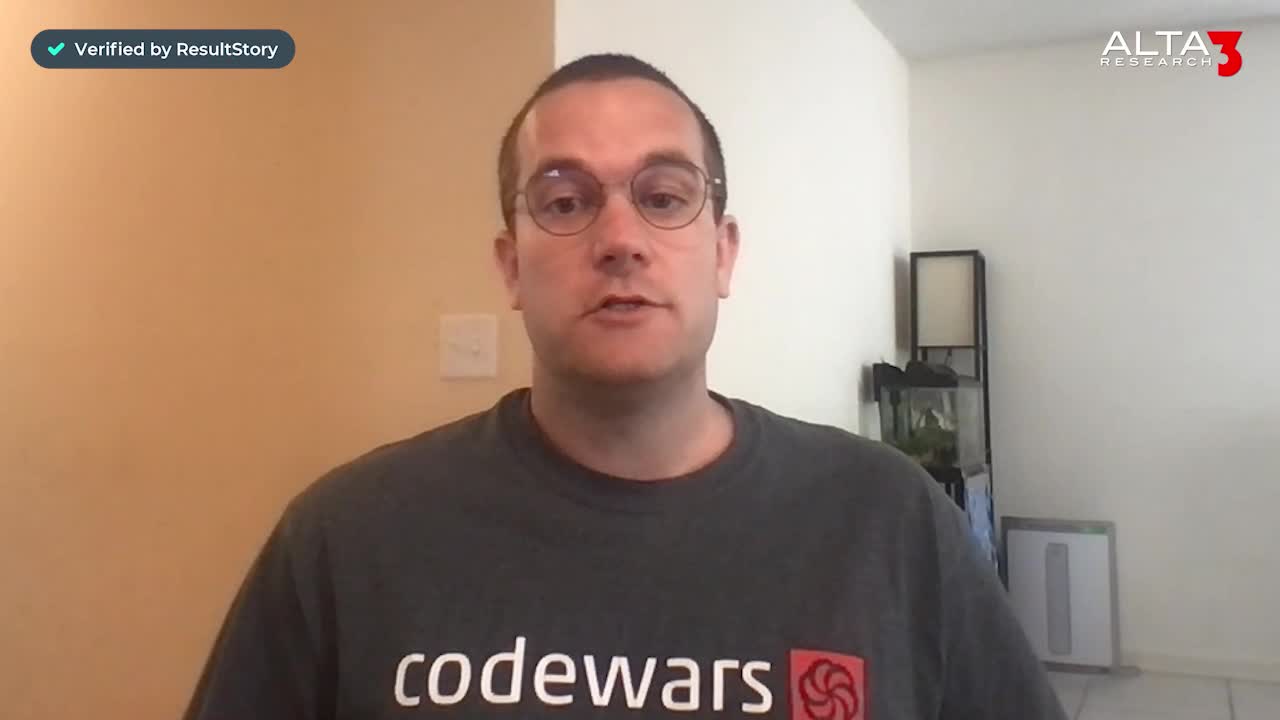
Chris Tsantiris

Javier Martin
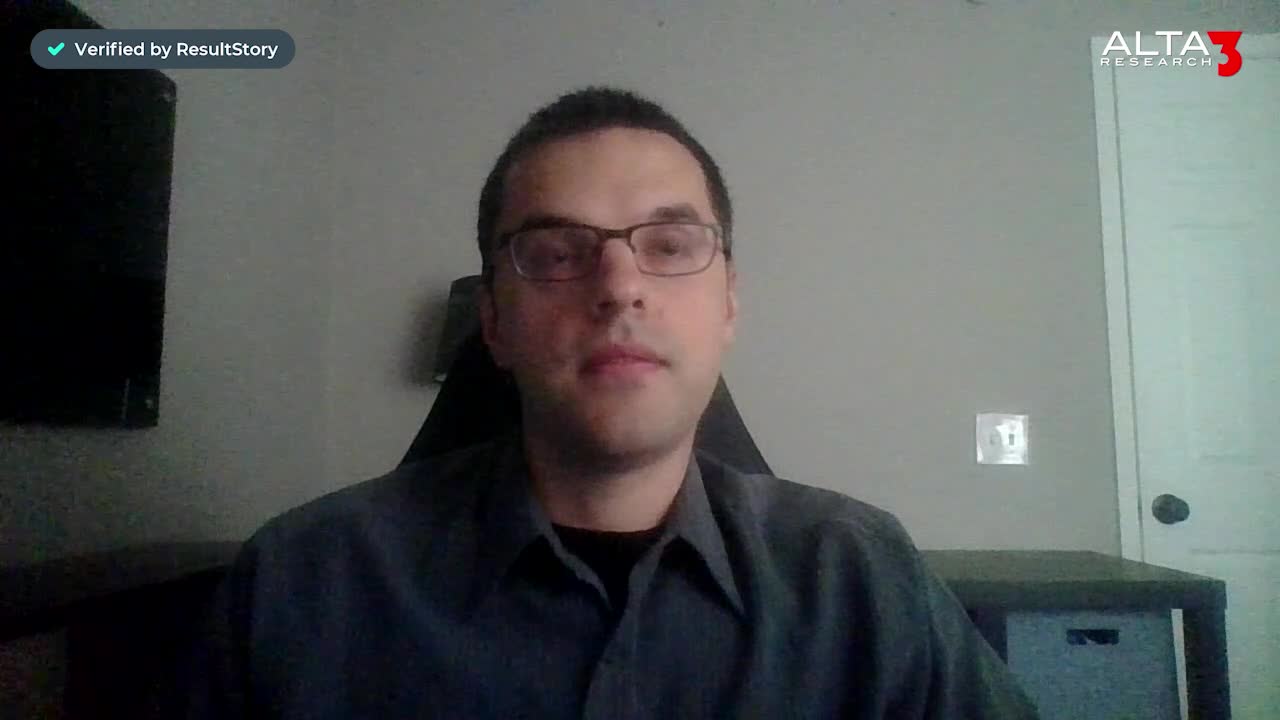
Justin Gilley
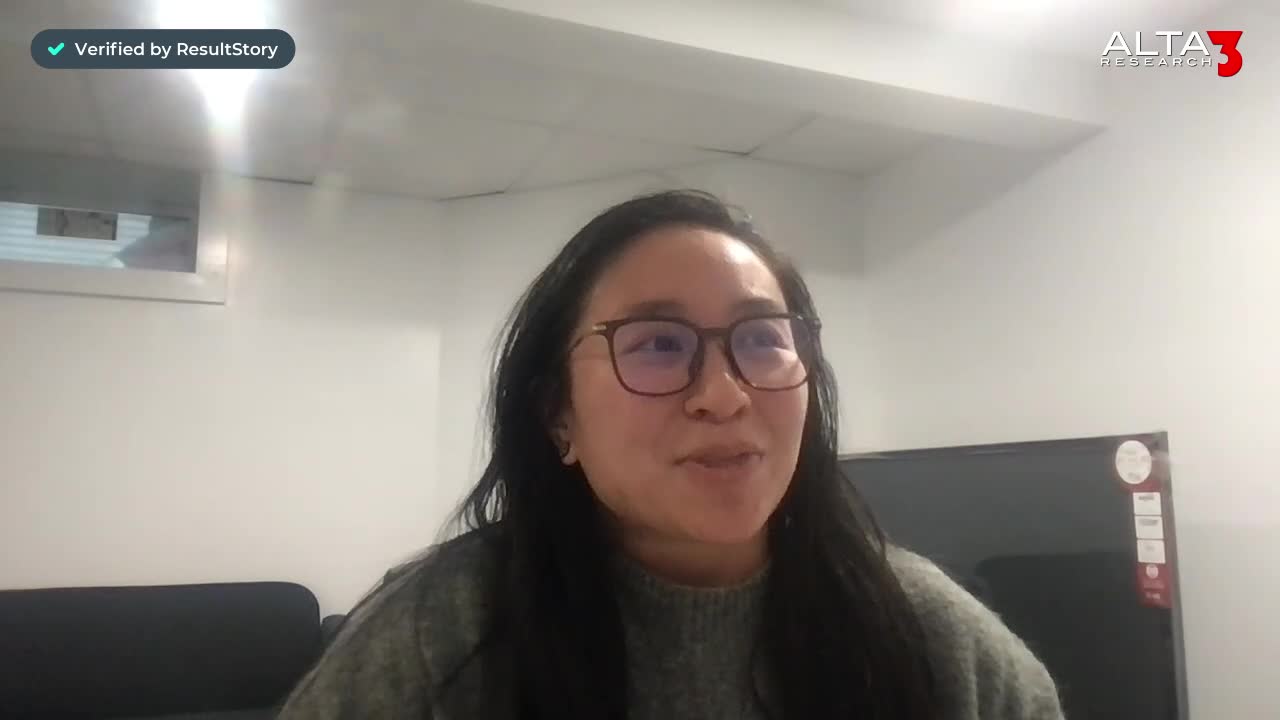
Kathy Le

Kelson Smith
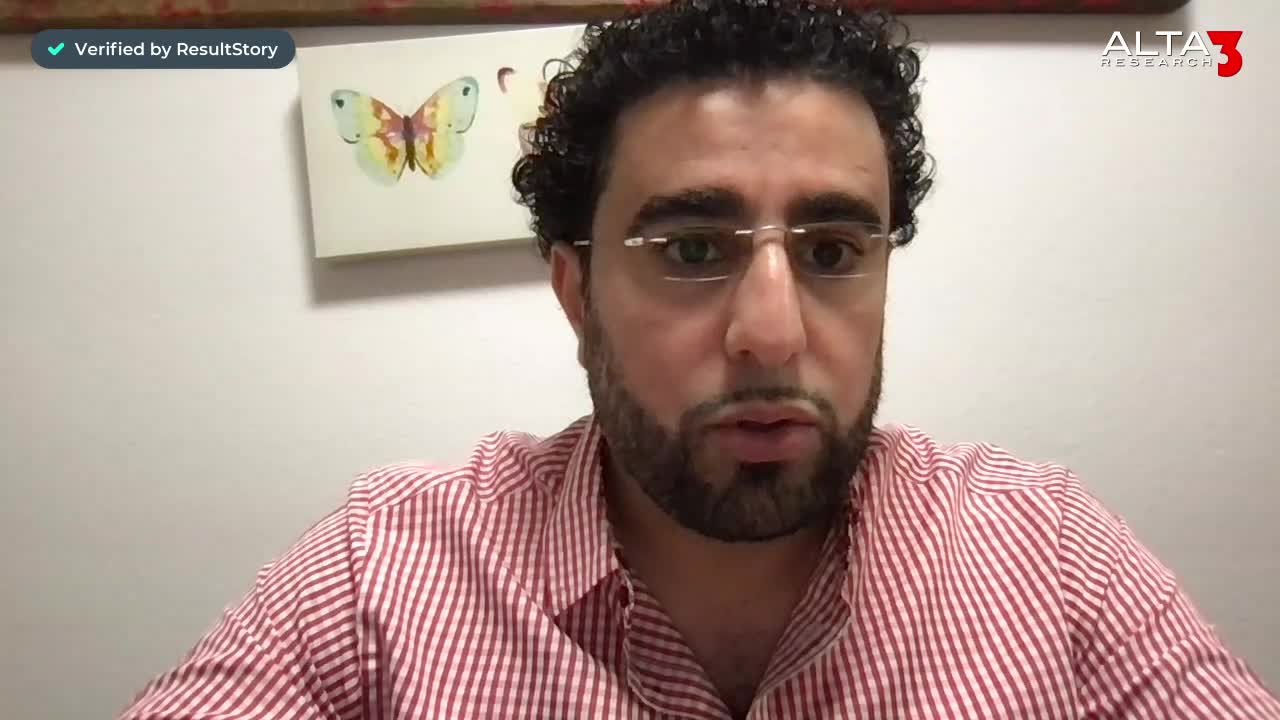
Oussama Azzam

Pascal Rodmacq

Randall Granier

Aaron Steele

Casey Pense

Chris Tsantiris

Javier Martin

Justin Gilley

Kathy Le

Kelson Smith

Oussama Azzam

Pascal Rodmacq

Randall Granier